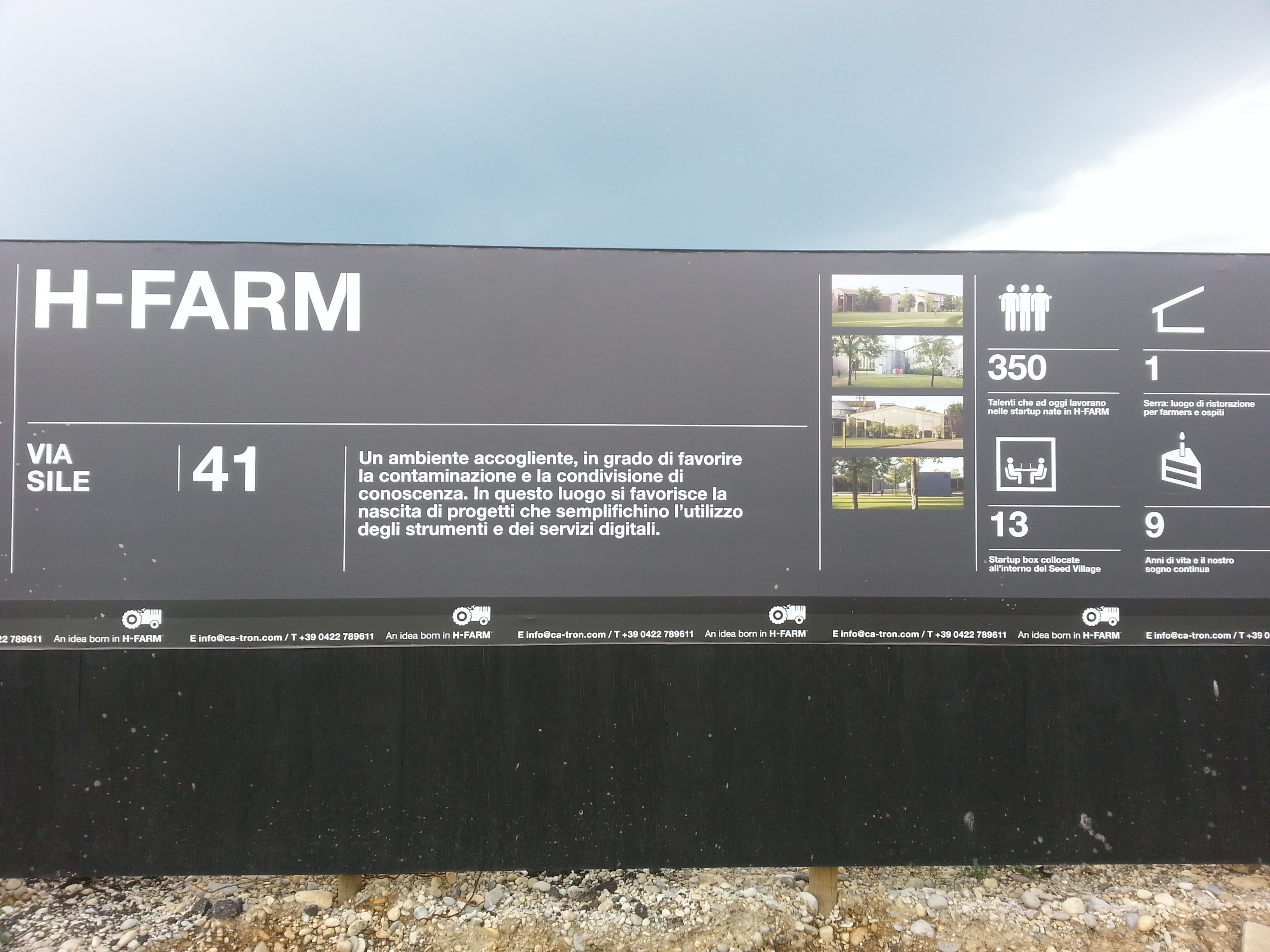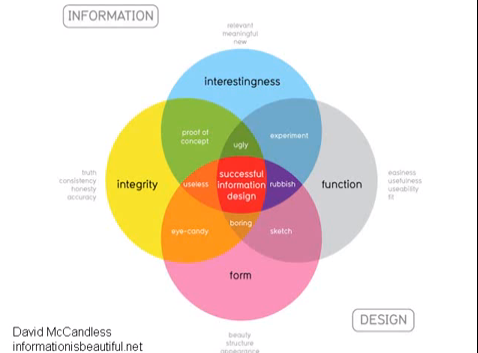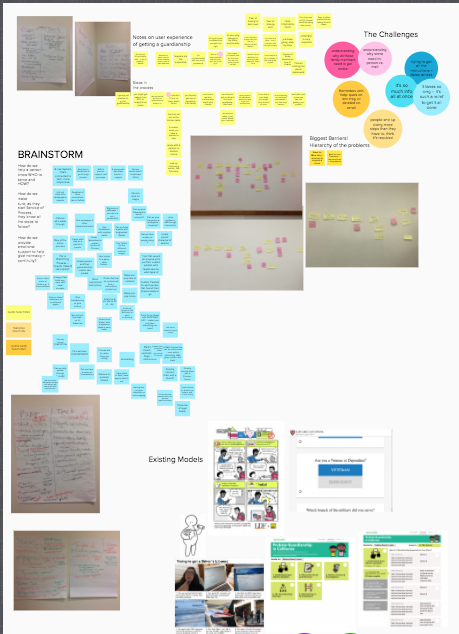
I spent a week in the Veneto region of Northern Italy running a series of design workshops with the WeHave the Future program. It is an innovative entrepreneurial program that trains law & economics students from around the world in new ways of solving problems & designing policies and strategies.
The WeHave core team — Francesca Di Lisa and Marco Mari — are law students at University of Padua who are dissatisfied with the current professional pathways open to graduating lawyers. They have spent the past year at the H-Farm start-up incubator in Venteto developing the WeHave program & a large network of lawyers, innovators, Italian companies, law students, and professors.

This summer is the first instantiation of their program — a month long camp based at H-Farm, in which the 20-some students are put on teams with each other and then paired with an Italian company.
Each of the companies has crafted a challenge for the students to solve, based on a real problem they are facing. Some of the problems are clearly legal — like designing a new internal HR policy or crafting a strategy to comply with legislation. Some are more around product design — like how to track goods that may end up on the black market, or how to create more customer loyalty to a brand with many diverse offerings.
WeHave’s goal is to expose the students to these real-world problems & lead them through a new, entrepreneurial, creative type of process to generate disruptive solutions to them. It serves the companies, with a fresh batch of insights and ideas about the challenge they’re facing. And it serves the students, by giving them a whole new toolset as well as broader perspective on what career options are open to them, what value they have to offer, and what challenges are out there for them to solve. Plus it gives them work product to add to their portfolios — hopefully to increase their job prospects once they graduate.
The other element in WeHave’s program is exposure to lots of ideas & approaches. The team has invited all kinds of law & business professors from around the world to give talks to the students during the camp. The topics range from Islamic financing to venture capital to corporate ethics. These talks give deep-dive exposure to a wealth of topics, to help feed directly into the students’ projects and to spark more interest in topics they may not have known about before.

The legal design workshops I ran were to set the student groups on the path towards scoping out the challenge the companies gave to them, generating a range of solutions, and finding a path towards work product that would be feasible & satisfying for the company, but also breakthrough.
Even if the company asked for very traditional work product — like a revision of a legal policy — how could the students add extra value by identifying underlying needs & producing something that would be usable and insightful?

The design workshops ranged from a bootcamp in the design process — where the groups focused not on the legal or business challenges, but rather on designing new ways of navigating Venice — to stakeholder mapping sessions, idea brainstorms, and design reviews.
My goal was to set the teams up in work routines that were collaborative, generative, and participatory — and to also expose them to methods they can use on their own when they’re feeling stuck or unsure. The other goal was to provoke the teams, helping them look beyond what the requested work product was, and to see if they could arrive at solutions that were inventive and disruptive.
The WeHave the Future program is a great example of law students defining a new path for themselves, and helping to train a new generation of entrepreneurial & innovative young graduates — while roping in established lawyers & business-people onto this track as well. I’m excited to see what the final offerings of the student groups will be at the end of this month & how the WeHave program will be growing in the coming years. 



 I Like Pretty Graphs: Best Practices for Data Visualization Assignments – YouTube
I Like Pretty Graphs: Best Practices for Data Visualization Assignments – YouTube